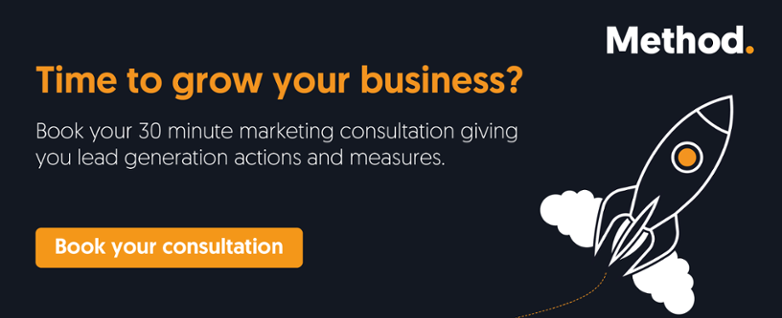Not got time to read? Listen instead with our audio version
We've all heard of 'It's not what you know, it's who you know.'
Essentially, the phrase reduces success down to this: Connections are more useful than skills or knowledge.
Rarely do we ever hear 'It's not who you know, it's what you know.'
Would Facebook exist if Mark Zuckerberg didn't receive input from his Harvard connections?
Perhaps a lot of businesses might not be where they are today if it wasn't for networking, or 'right place, right time' opportunities.
On the other hand, knowledge is power. But how true is that in light of today's competitive markets? What does success really boil down to?
The power of 'who you know'
Networking isn't just about shaking hands and exchanging business cards. It's about building real relationships where you can learn from others and help each other. When you network, you're not just collecting contacts - you're growing a community around your business.
How can networking help your business grow?
Networking can...
- Lead to partnerships/investors
- Help you gain quality advice
- Introduce you to useful contacts
- Create mutually beneficial business relationships
- Cross circles with another market/audience
- Lead to profitable collaborations
Networking happens when you make the effort to forge connections.
You might...
- Post regularly on LinkedIn and connect with similar organisations
- Hold training programmes
- Attend industry events and talk to likeminded people
- Join online forums and groups related to your business or industry
- Follow up with people you meet and offer help
Sometimes the most valuable business relationships can drive immense growth. Collaborating with other brands can help cross-pollinate markets. Extending your reach could gain exposure to a whole new set of audiences.
The power of 'what you know'
Furthering knowledge and skills is never a regrettable thing to do.
Sometimes knowledge is power. Through broadened research, you might discover something which propels new ideas. You can make some pretty impactful changes to your product or service.
Equipping yourself with knowledge adds some pretty useful strings to your bow.
Focussing on knowledge/skills can help...
- Provide tools to build your business
- Help you problem-solve
- Deepen your understanding of your product
- Help you keep on top of new industry trends, so you can plan ahead
Building up knowledge/skills happens through...
- Courses, workshops, industry lectures or seminars
- Allocating time to learning
- Consuming content based on your industry/role
- Turning on notifications for industry news/trends
Which one is more useful?
Ultimately - neither.
Instead of seeing them as two entities, it's more useful to view 'who you know' and 'what you know' as one unified effort to build growth.
If you have all the knowledge but no one to share it with, it's hard to get far. But if you know lots of people and don't have the skills or knowledge to offer them something valuable, those connections might not mean much.
So truly, it's a healthy balancing act of both. A synergy of connection and education can open doors to new opportunities and help your business grow.
By that logic then, it's probably beneficial to spend an equal amounts of time on furthering both areas of professional growth.
When building connections, seek out valuable ones. A long list of LinkedIn contacts is less useful than a handful of meaningful relationships.
For improving your knowledge, seek industry insights from trusted sources for the most accurate data.
Go to the networking events and attend the seminars, but also spend your time doing your research.
Quality, not quantity
To really excel on these areas of development, try and hone in on quality over quantity.
For example, if you're building connections then try and seek out valuable ones. You might have a whole list of LinkedIn connections, but only a handful of them are going to be incredibly useful to build relationships with.
For improving the quality of your education, you might seek out industry insights from your most trusted sources.
It all boils down to a synergetic combo of good connections and solid knowledge.
Knowing the right people can lead you to new information, and having the right knowledge can attract more connections.




